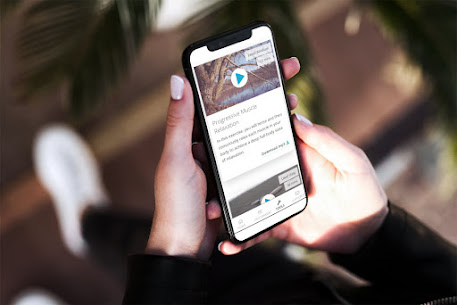#ItTakesBallsToTalk is a mental health campaign by Ystradgynlais Mind in affiliation with their local Rugby community featuring the voice of Michael Sheen.
Ystradgynlais Mind told us more about the campaign:
This campaign is aimed at creating a much needed conversation surrounding the mental health of men within the Welsh Rugby community.
In this land of our fathers, we are calling out to all ‘the boys’, our brothers, our uncles, our cousins, our sons. We are asking you to tackle this stigma head on by joining our movement…
When we lose one of ‘our boys’, we always, always ask why? Nobody ever sees it coming… so get on board, we can beat this… give this a try… Join our movement by following our pages and sharing this message as loudly and proudly as you possibly can. If it saves just one life, then it’s a job well done.
#SilenceKills
Following a disproportionate rate of suicide within the community a collaborative initiative between Ystradgynlais Mind and local Rugby clubs has been born.
Evidence has shown that you (men) are less likely to reach out to ‘professionals’ when faced with feelings of depression and are instead far more likely to talk to your mates in more social settings, in the changing room, or even over a pint, in the club.
#SpeakYourMind
So, in light of this Ystradgynlais Mind has piloted the training of ‘mates’ in Mental Health First Aid to equip them with the knowledge and skills to facilitate conversations in supporting those seeking help. Some coaches, referees, players and affiliated members of rugby clubs have already received training, but we welcome more to join this initiative. If you are a club within the local area who would like to receive this training, please refer to our website.
Find out more about the campaign on our social media accounts too:
Should you require immediate support please see below useful contacts:
Samaritans - 116 123
Mind - 0300 1233 393
CALL 24/7 - 0800 132 737
NHS Direct - 111
Hafal - 01792 816600
Bipolar UK - 0333 3233 880
Platfform - 01656 647722
PAPYRUS Prevention of Young Suicide - 0800 068 4141
The CALMzone - 0800 585858
This campaign was brought to you by Ystradgynlais Mind (Charity reg: 1075400) in affiliation with our local Rugby community:
Yogits Vets Touch Rugby, Ystradgynlais RFC, Ystalyfera RFC, Abercrave RFC, Glais RFC,
Cwmtwrch RFC, and Cwmllynfell RFC.
Special thanks to Michael Sheen.
































